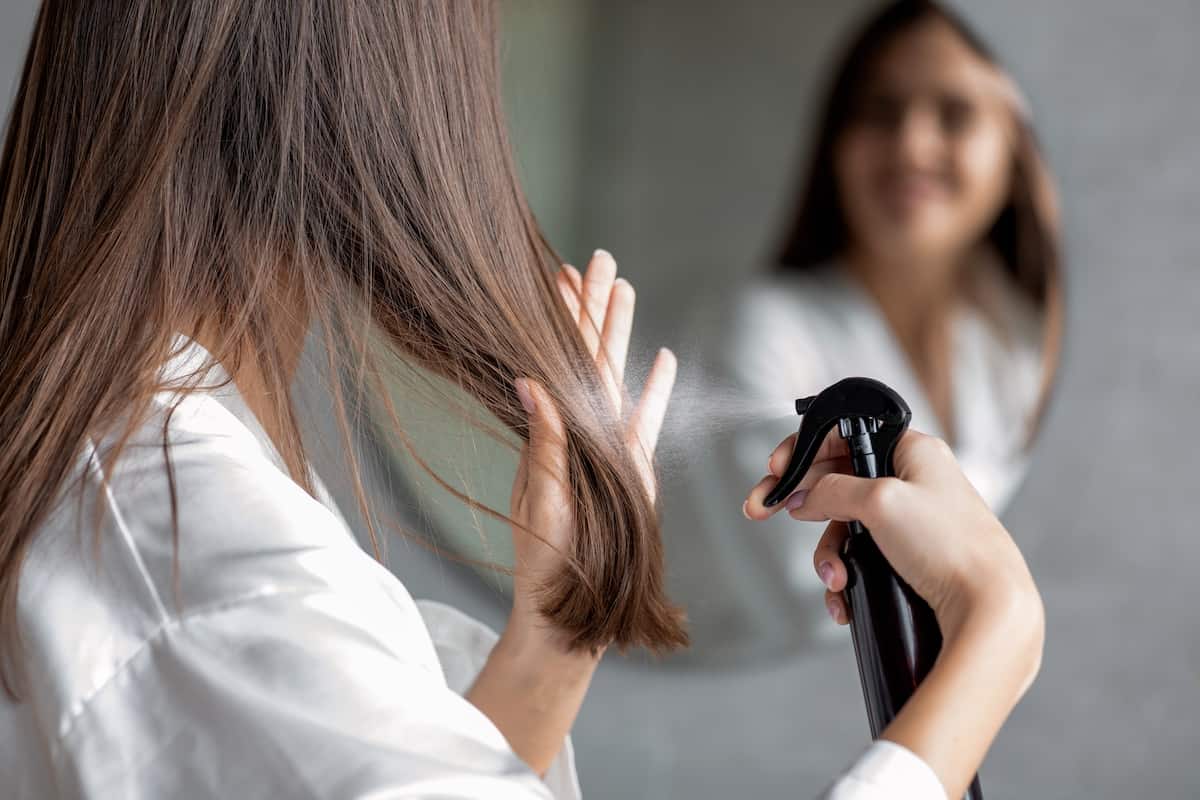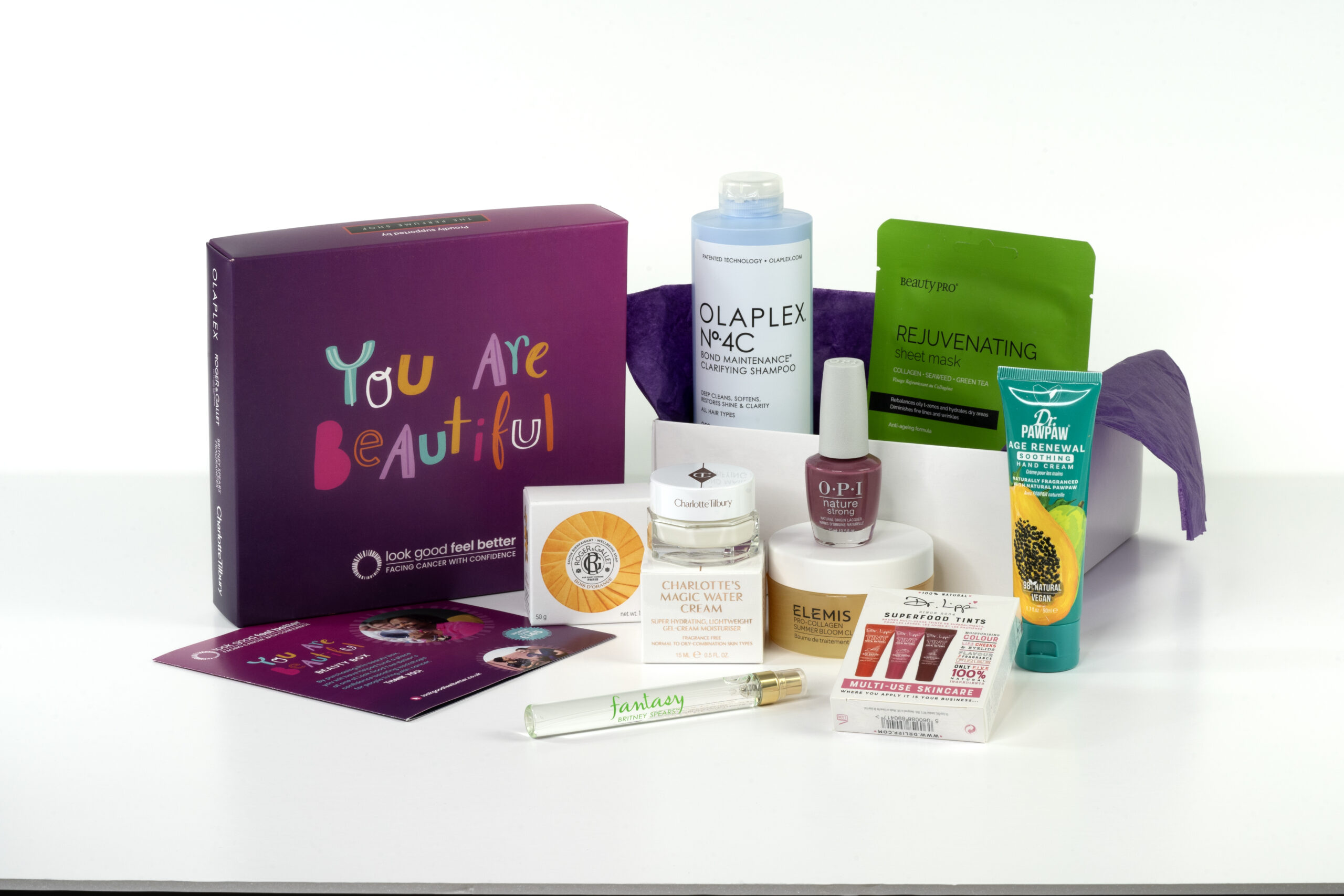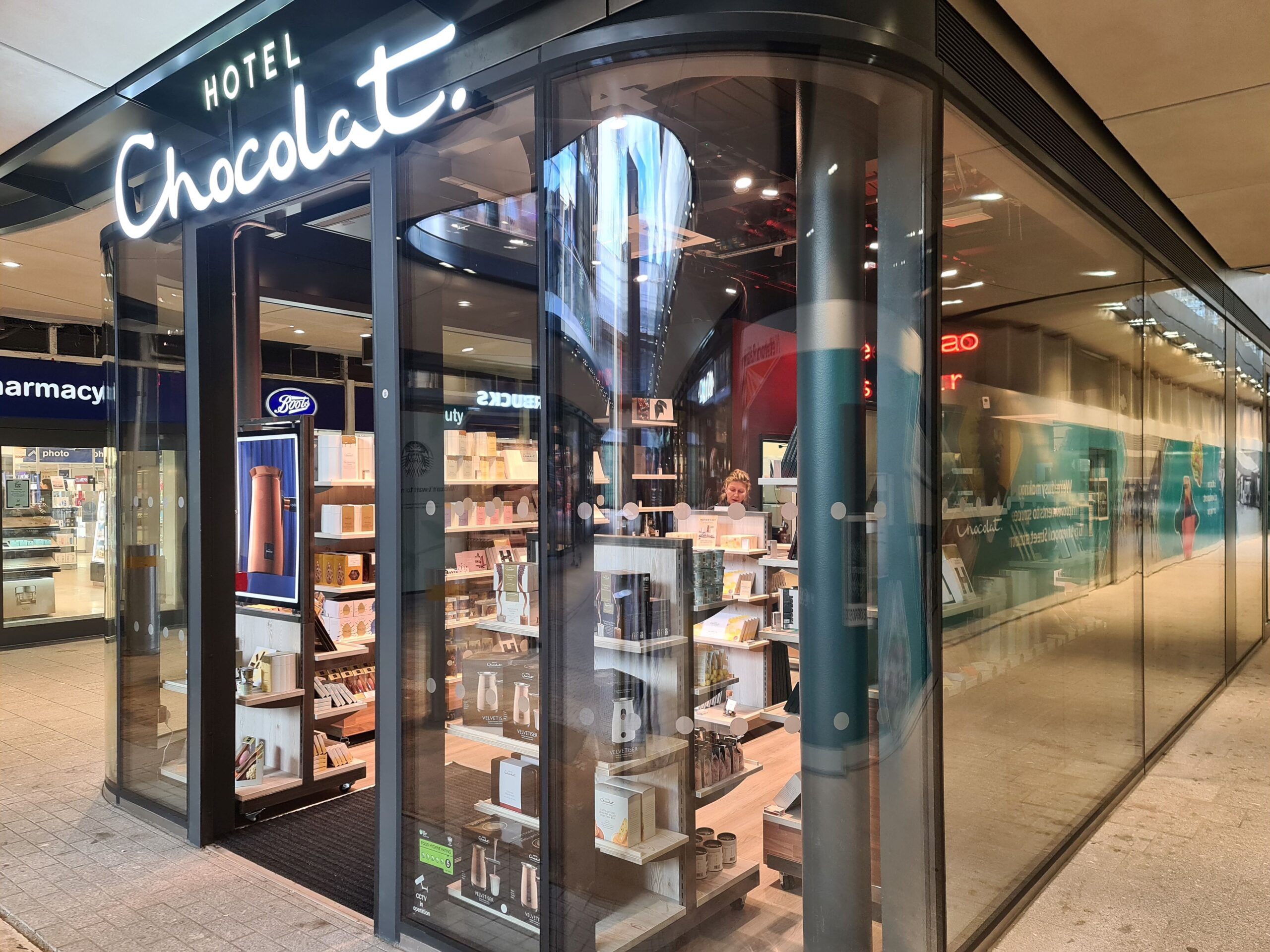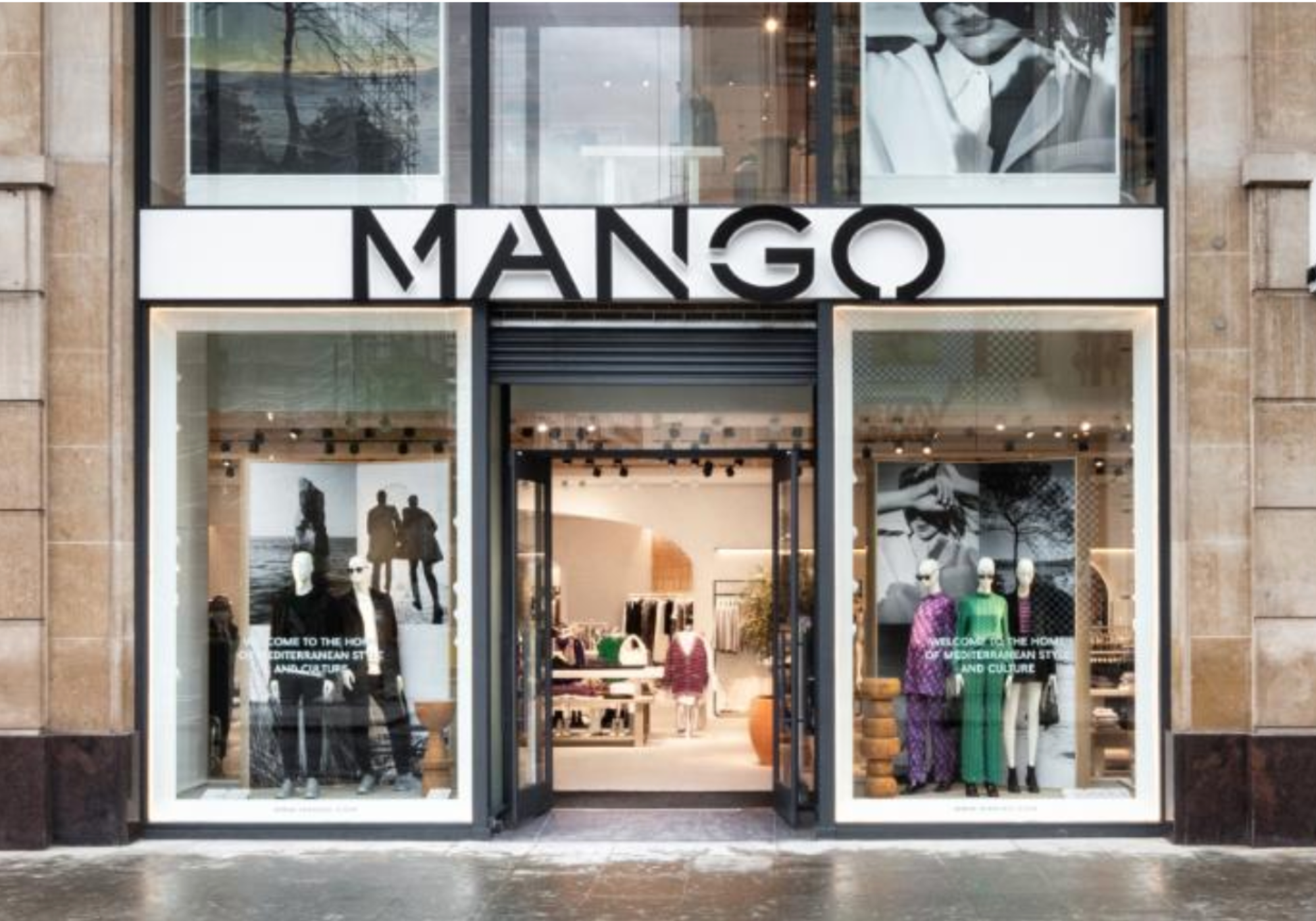The ‘lipstick effect’ noted in previous times of economic hardship is now being supplanted by a rising demand for haircare products as recession threatens, new THG analysis suggests. The ‘lipstick index’ was first coined by Leonard Lauder of beauty brand Estée Lauder and describes the theory that shoppers spend more on affordable luxuries when times are hard.
THG says it has found rising demand for products such as hair straighteners, hair oils, and hair rollers on lookfantastic.com – while searches for lipsticks fall. Order volumes on the website rose for both hair styling products (+70%) and electrical hair tools (+17%) in 2022. When THG analysed searches on LookFantastic for October 2022, it found a rise in searches for hair rollers (+103%), hair straighteners (+47%) and hair oils (+60%). That came at a time when demand in the UK economy was shrinking, with GDP (gross domestic product) falling by 0.3% in three months to October – part of a quarter in which GDP fell by 0.2%, in part as a result of slowing retail sales.
Lucy Gorman, chief executive of THG Beauty, says: “The ‘lipstick effect’ has long been established, but whether it still rings true today remains to be seen. Our data suggest that haircare and hairstyling may take on the mantle as the UK’s affordable recession treat.
“Across the beauty category, we are seeing consumers turning to ‘affordable luxury’ products from established brands for their essential beauty needs, as economic challenges play out. Similarly, the ‘Skinification’ of haircare trend is continuing as consumers prioritise skin, hair & scalp health as part of holistic wellness regimes. We’re seeing this across THG’s own portfolio of prestige brands and in the thousands of premium brands that retail directly online through the likes of Lookfantastic and Cult Beauty. While the recession will undoubtedly tighten spending, it’s clear that UK consumers’ desire to look and feel good has not waned – and if the last recession is anything to go by the beauty, haircare and personal grooming sectors may prove to be some of the biggest recession busters.”
THG analysis of ONS figures on spending in the last UK recession, when GDP fell for five quarters in a row in 2008 and 2009, shows a rise in spending on both clothing (+3%) and haircare and personal grooming (+1%) between the second quarters of 2008 and 2009. Spending fell on both health (-4%) and personal care (-5%) over the same period – contrasting with falls of more than 10% in categories including transport, home furnishings, restaurants and hotels.
Today ONS figures show more than 25% of retail spending takes place online, while the value of the UK’s premium, beauty and personal care market has increased from £60bn to more than £100bn, according to Euromonitor International. Last month, THG reported sales of £2.25bn in a full-year trading update for 2022, with beauty division sales of £1.19bn, up by 6.1% year-on-year – and up by 58% over two years.
Demand also up for chino shorts
The apparent trend towards buying haircare in a recession is a second example in days of buyers’ behaviour that goes against expectations. John Lewis recently said it was surprised by recent fast growth in sales of men’s chino shorts. Searches for the clothing item have risen fourfold in recent weeks, compared to the same time last year.
The rise comes as many shoppers were instead opting for hooded blankets, thermals and knitwear.
Daisy Carter, buyer for men’s own brand at John Lewis, says: “At first it didn’t stack up – we were absolutely mystified. But it seems that the trend for year round shorts is a relatively new and growing phenomenon. It’s also clear that our customers are looking forward to holidays again which may have prompted them to refresh their suitcase staples.”
LookFantastic is ranked Leading in RXUK Top500 research, while John Lewis is Top50.







